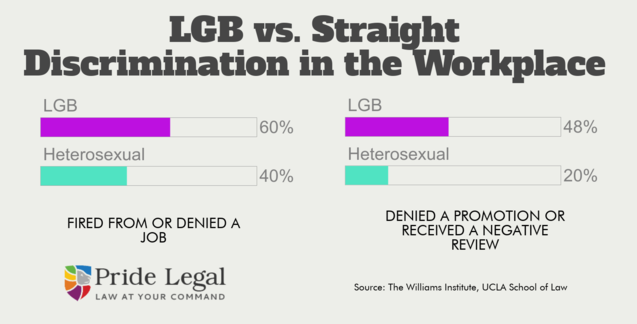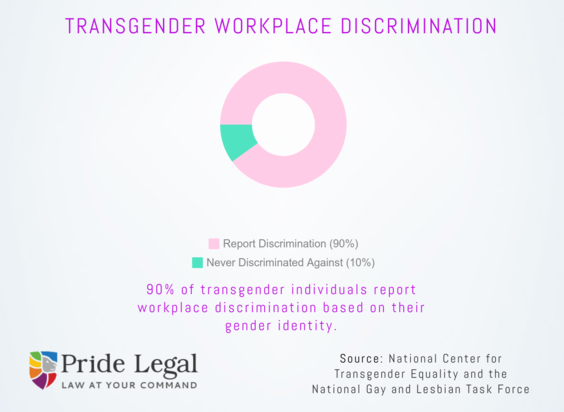LGBTQ Community Stands Victorious
On June 15th, 2020, the Supreme Court ruled workplace discrimination against LGBTQ individuals illegal in all 50 states. This enormous win allows for the Civil Rights Act of 1964, which prohibits sex discrimination and other types of discrimination, to protect members of the LGBTQ community.
Under this new Supreme Court ruling, employers in all 50 states may face legal consequences if they fire an employee based on their gender identity or sexual orientation. Until now, employers in 26 states could legally fire employees based on sexual orientation or preferred gender identity. The Supreme Court’s ruling serves as a victorious stride in the LGBTQ community’s nationwide battle for equality, equity, and inclusion.
LGBTQ Employees Are Now Protected Under Federal Law
Members of the LGBTQ community represent 8.2 million workers in the US. This monumental ruling protects each of these individuals from being discriminated against or fired due to their preferred gender or sexual orientation. Together, we are compelling the government to recognize members of the LGBTQ community as complete equals.
Title VII of the Civil Rights Act of 1964 protects employees on the basis of sex. However, the decision at hand questioned whether sex plays a role in shaping an individual’s sexual orientation and gender identity. The Supreme Court’s June 16th ruling affirmed that sex inherently affects an individual’s gender identity and sexual orientation. Therefore, LGBTQ individuals are now protected under Title VII of the Civil Rights Act of 1964.
How are LGBTQ individuals protected by this ruling?
Federal law now protects members of the LGBTQ community against workplace discrimination. Until yesterday, employers in over half of US states were legally allowed to fire their employees on the basis of sexual orientation or gender identity. Under this new law, employers in all 50 states cannot fire employees based on their sex. Now, employers cannot discriminate against LGBTQ employees, nor are employers allowed to discriminate when hiring job applicants.
Employers may also face legal trouble if they fail to respect an employee’s preferred pronouns. Justice Alito of the Supreme Court stated, “plaintiffs may claim that the failure to use their preferred pronoun violates one of the federal laws prohibiting sex discrimination.” Justice Alito explains that employers may be liable if they fail to use an employee’s preferred pronoun.
A Long, Historic Battle for LGBTQ Employment Rights
In 2013, a transgender person name Aimee Stevens worked as the director of a funeral home. Stevens struggled to conceal her preferred gender identity. In 2013, she bravely revealed her preferred gender identity to her peers, including her employer. Shortly after, Gerald Bostock, the owner of the funeral home, fired Stevens. Bostock admittedly fired Stevens based solely on her preferred gender identity. Stevens then sued Bostock, and the, Bostock v. Clayton County case drew national attention.
In the Supreme Court, Bostock v. Clayton County ruled in favor of Stevens. The Supreme Court panel found it “analytically impossible to fire an employee based on that employee’s status as a transgender person without being motivated, at least in part, by the employee’s sex.” This ruling set a federal precedent protecting LGBTQ individuals from workplace discrimination on the basis of gender identity or sexual orientation.
Contact Pride Legal
If you or a loved one has been fired or discriminated against on the basis of sexual orientation or gender identity, we invite you to contact us at Pride Legal for legal counseling or any further questions. To protect your rights, hire someone who understands them.



